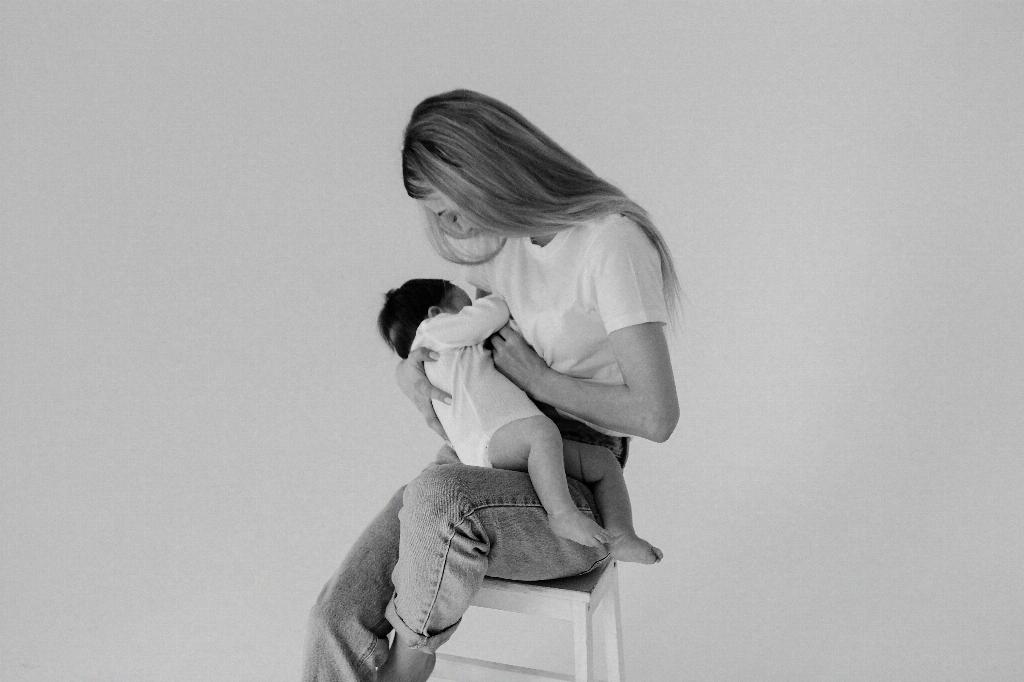When it comes to the question of whether you can breastfeed your husband every night, it’s important to consider both the physical and emotional aspects of this intimate act. From a physical standpoint, it is generally safe for a woman to breastfeed her partner regularly, as long as both parties are comfortable with the arrangement and there are no underlying health concerns.
Clarifying Misconceptions About Adult Breastfeeding
Despite the stigma or taboo surrounding adult breastfeeding, particularly in Western cultures, it’s essential to recognize that adult nursing relationships are not inherently wrong or perverted. The act of breastfeeding can be a powerful bonding experience between partners and is a natural expression of intimacy.
Consent and Communication Are Key
Before engaging in adult breastfeeding, open and honest communication is crucial. Both partners should consent to the practice and feel comfortable expressing their desires and boundaries. Mutual respect and understanding are essential to ensure that both parties are on the same page.
Frequency and Duration of Adult Breastfeeding
When considering breastfeeding your husband every night, it’s essential to discuss the frequency and duration of the sessions. Some couples may choose to breastfeed regularly as part of their intimate relationship, while others may prefer occasional or limited sessions.
Physical and Emotional Benefits of Adult Breastfeeding
For some couples, adult breastfeeding can offer physical and emotional benefits. Breastfeeding releases oxytocin, often referred to as the “love hormone,” which can promote feelings of closeness and bonding between partners. Additionally, the act of breastfeeding can be a comforting and nurturing experience for both parties.
Considerations for Breastfeeding Mothers
For breastfeeding mothers, it’s essential to consider the impact of adult breastfeeding on their milk supply and overall breastfeeding routine. Regular breastfeeding sessions with a partner may affect milk production, so it’s crucial to monitor milk supply and ensure that the breastfeeding does not interfere with the mother’s ability to nurse her child.
Respecting Individual Boundaries and Preferences
It’s important to recognize that not all couples may be comfortable with the idea of adult breastfeeding, and that’s perfectly okay. Each individual and relationship is unique, and what works for one couple may not work for another. Respecting boundaries and preferences is key in any intimate relationship.
Seeking Support and Guidance
If you are considering breastfeeding your husband every night and have questions or concerns, don’t hesitate to seek support and guidance from a healthcare provider or therapist. Professional guidance can help you navigate any challenges or uncertainties that may arise in your relationship.
Exploring Alternatives to Adult Breastfeeding
If adult breastfeeding doesn’t feel right for you or your partner, there are plenty of other ways to foster intimacy and connection in your relationship. Communication, trust, and mutual respect are the foundations of a healthy and fulfilling intimate partnership.
Final Thoughts on Adult Breastfeeding Every Night
In conclusion, the decision to breastfeed your husband every night is a personal one that should be made with careful consideration and open communication. As long as both partners are comfortable, consenting, and respectful of each other’s boundaries, adult breastfeeding can be a loving and intimate expression of connection.
In Conclusion
Ultimately, the choice to breastfeed your husband every night is a decision that should be based on mutual consent, communication, and respect. Whether you choose to engage in adult breastfeeding or not, the most important thing is that both partners feel safe, comfortable, and valued in their intimate relationship.

